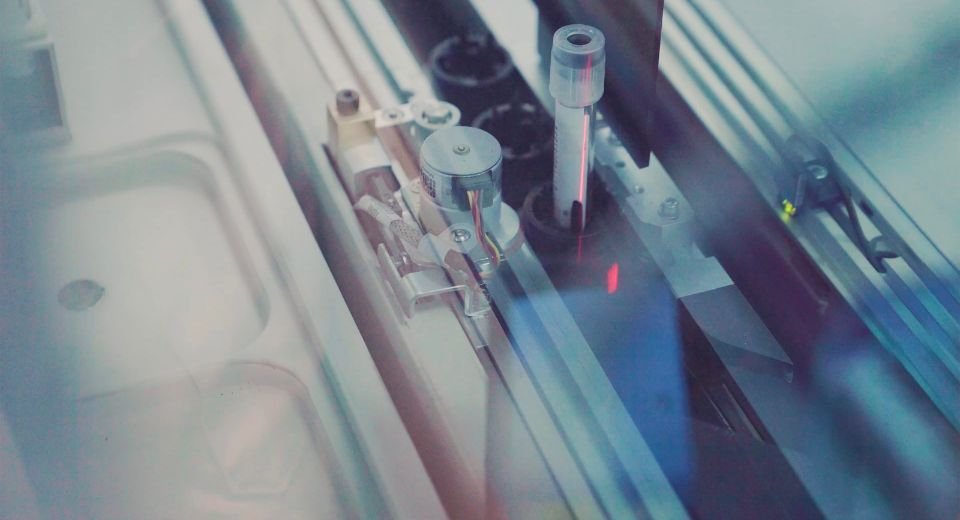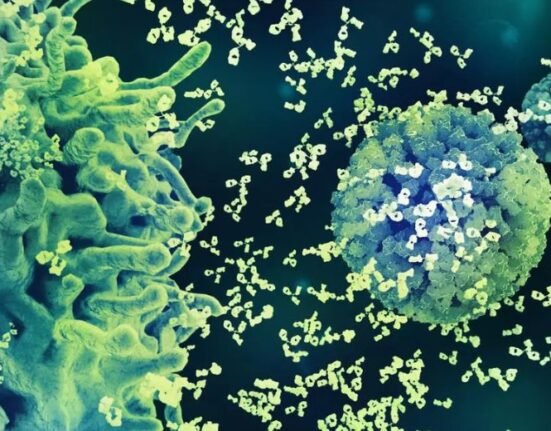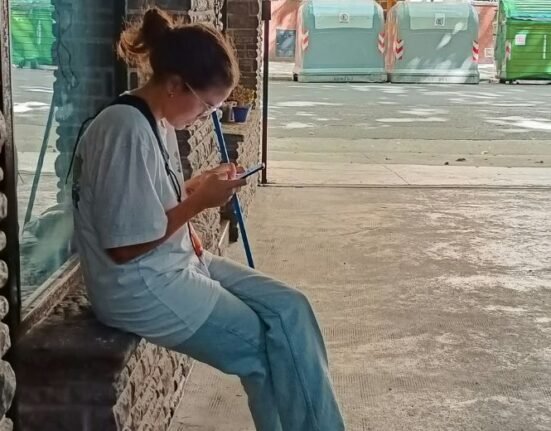HQ Team
April 17, 2023: Health emergencies, prevention, preparedness, and response, will top the agenda at the second Health Working Group meeting of G20 member nations during the two-day meeting starting in India today.
The meeting of more than 180 delegates from 19 G20 countries and 22 international organizations began in the western state of Goa.
Strengthening cooperation in the pharmaceutical sector with a focus on access and availability to safe, effective, quality, and affordable vaccines, therapeutics, and diagnostics is another meeting focus.
“Digital health innovation and solutions to aid universal health coverage and improve healthcare service delivery” will be the third area of deliberations during the meeting, according to a government statement.
India assumed the presidency of the G20 on December 1, 2022. India is currently part of the G20 Troika comprising Indonesia, India, and Brazil, marking the first time that the Troika consists of three developing and emerging economies.
The Health Track of the G20 India Presidency will comprise four Health Working Group meetings and one Health Ministerial Meeting. India plans to host four side events and HWG meetings to enrich, supplement and support G20 discussions.
Affordable diagnostics
The Department of Pharmaceuticals, Government of India, FIND, and Unitaid co-hosted a meeting to strengthen cooperation and enable sustainable development and manufacturing of effective, quality, and affordable diagnostics.
“The centrality of diagnostics extends far beyond testing for a pandemic. Diagnostics are key to preventing and treating diseases optimally and achieving universal health coverage (UHC),” said Ms S Aparna, Secretary of the Department of Pharmaceuticals.
She said that regional development of diagnostic products through “region-appropriate research and decentralized production” can help reduce disparities and enhance health security, including pandemic prevention.
“The pandemic has bolstered the role of a more decentralized model for manufacturing diagnostics, one that combines global and regional manufacturing alike, in support of equitable and sustainable access to diagnostics worldwide.,” said Sanjay Sarin, vice president at FIND, said.
FIND connects countries and communities, funders, decision-makers, healthcare providers, and developers to diagnostic innovation and make testing an integral part of sustainable, resilient health systems.
Technology transfer
The manufacturers evinced interest in establishing partnerships to facilitate the transfer of technology, know-how, and capacity building.
They highlighted the need for countries to develop national diagnostic strategies with concrete budget allocations and procurement frameworks prioritizing sourcing of regionally manufactured tests.
In line with the India G20 Presidency goals, there was an agreement that funding needs to be made available to create and maintain capacity for coordinated global manufacturing, R&D, and technology transfer.
Robert Matiru, Director of Programmes of Unitaid, said: “The problems are clear. We must take bold action and prioritize innovations that drive the availability and equitable access of essential health technologies, including diagnostics.”
Unitaid is a global health organization engaged in finding innovative solutions to prevent, diagnose, and treat diseases more quickly, affordably, and effectively in low- and middle-income countries.
The meeting on April 16 provided an opportunity for diagnostics industry partners to put forward their recommendations to the G20 member states so that they can be taken into consideration during the G20 second health meeting.








